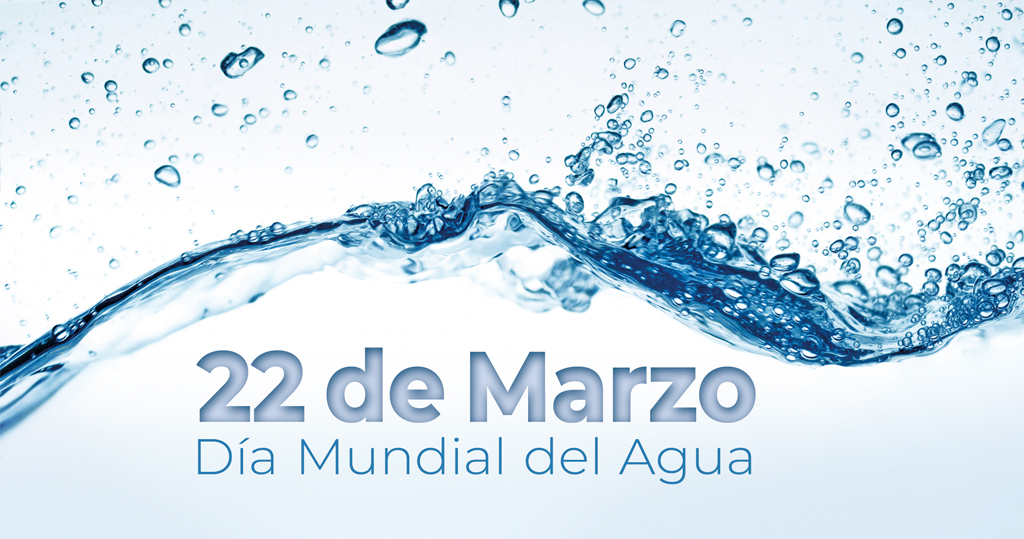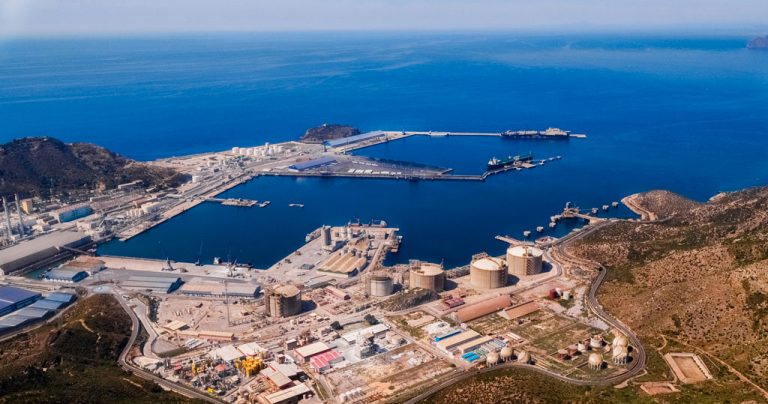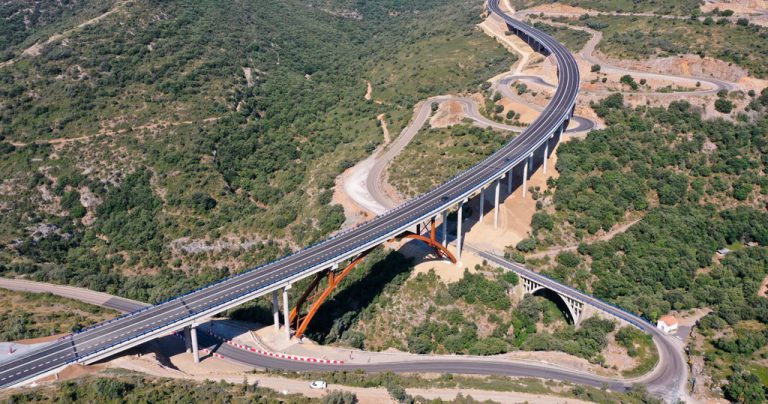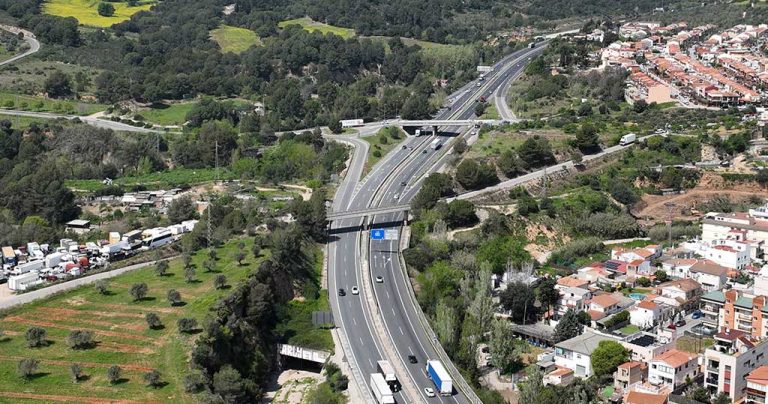On World Water Day, at TYPSA we would like to share our vision concerning 21st century critical challenges, challenges intensified by factors such as climate change, population growth, loss of biodiversity, and unsustainable water usage. The World Health Organization (WHO) and UNICEF (United Nations Children´s Emergency Fund) reported that approximately 2.2 billion people have no access to safe drinking water services, and around 4.2 billion people do not have adequate sanitation services, a situation worsened globally by the COVID-19 pandemic. This lack of basic services not only poses a serious risk to public health but also has a negative impact on education, the environment, gender equality, and economic development.

UNESCO (United Nations Educational, Scientific and Cultural Organisation) reports show that over 40% of the world’s population faces water scarcity, a problem that is likely to worsen due to climate change and increased demand. In this context, agriculture is a key area, responsible for approximately 70% of the world’s freshwater consumption, significantly contributing to the overexploitation of water resources. The growing gap between the availability and demand for freshwater highlights the urgent need to adopt new practices in sustainable water management, aligned with the Sustainable Development Goals (SDGs) (especially Goal 6 Water), where innovation and good governance are key to overcoming the challenges posed.
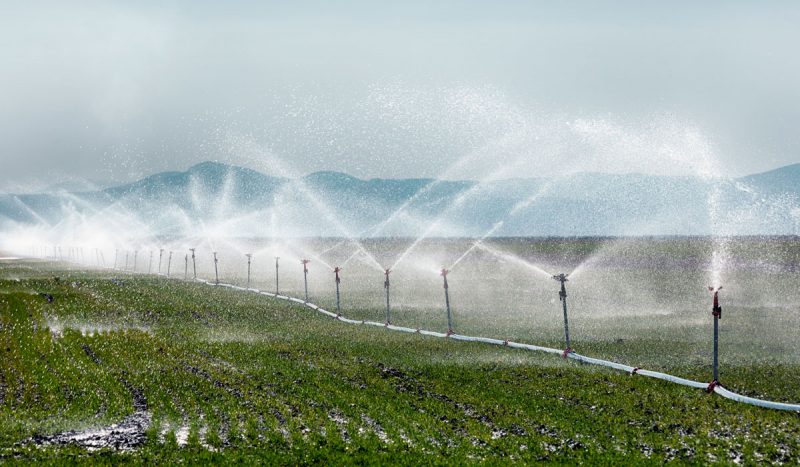
Extreme phenomena, exacerbated by climate change such as droughts and floods, magnify the challenges by affecting both the availability and quality of water. Water pollution, in turn, further undermines available water resources, emphasising the critical need to preserve water quality to protect public health and ensure environmental sustainability.
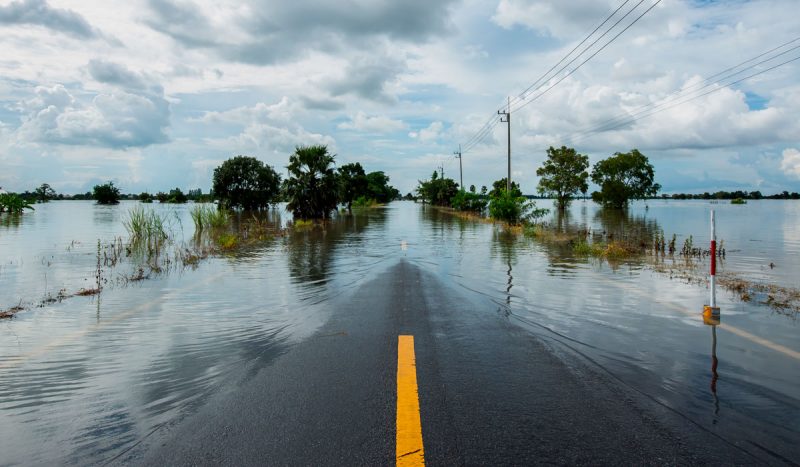
In this scenario, it is essential to highlight the implementation of technical solutions to address these risks and strengthen our resilience. Solutions that a company like TYPSA can help formulate, based on our experience and deep knowledge of the problem from a global and integrative perspective, can be formulated in the following points:
- Promoting regulation and storage of water resources to mitigate the effects of water scarcity and unequal distribution of resources, ensuring equitable and sustainable water use and enabling resource conservation during periods of scarcity.
- Improving the use of unconventional resources. The increase in water demand has also driven advances in desalination technologies and wastewater treatment, turning unconventional resources into increasingly necessary sources of water. These innovations not only allow water reuse but also offer the possibility of recovering energy and nutrients, revaluing what was previously considered waste.
- Integrating the Nexus approach. The use of unconventional resources entails an increase in energy demand that will require, in a decarbonisation context, the parallel promotion of renewable energies. In this context, the water problem cannot be solved from a classical approach based on stagnant silos of knowledge. Only by recognising the interrelation between different sectors in the WEFE Nexus (Water-Energy-Food-Ecosystems), will it be possible to adopt sustainable solutions, expanding and enriching the well-established practices of Water Resource Project Management in efficient water planning and management.
- Addressing the protection of water resource quality and quantity, both surface and groundwater, and continental and coastal. This approach is aligned with the principles of the European Union’s Water Framework Directive, promoting sustainable use, long-term protection of available water resources, and improving aquatic and associated ecosystem conditions. This implies a preventive approach, avoiding the deterioration of water resources and promoting the recovery of those already damaged, thus ensuring the availability of water in adequate quantity and quality for present and future generations.
- Applying and extending the use of new technologies. Artificial intelligence and big data are revolutionising water management by improving both real-time resource control and efficiency as well as prediction. The implementation of digital twins in water management and their evolution with the integration of predictive tools will allow the creation of virtual models to simulate and analyse water systems and infrastructure, facilitating a more precise, proactive, and adaptive water use management.
- Using nature-based solutions, such as artificial wetlands, sustainable drainage systems, and green roofs, represent ecological alternatives that improve biodiversity and contribute to mitigating climate change. Green infrastructure will allow the creation of more resilient and adaptive systems that can absorb and filter rainwater, reducing runoff and pollution, and recharging aquifers. Additionally, these solutions promote the creation of natural habitats, improving ecological connectivity and the quality of urban and rural environments.
- Strengthening cooperation and governance is essential to sustainably address water-related challenges, as collaboration is required among the different key players. To address the described challenges, it is essential to establish a framework of collaboration involving governments, private sectors, local communities, and international organisations. Creating alliances and active participation of all sectors of society are fundamental to sharing knowledge, resources, and responsibilities. Ultimately, effective and cooperative water governance is the cornerstone for achieving sustainable and resilient water resources management that can address current and future challenges.
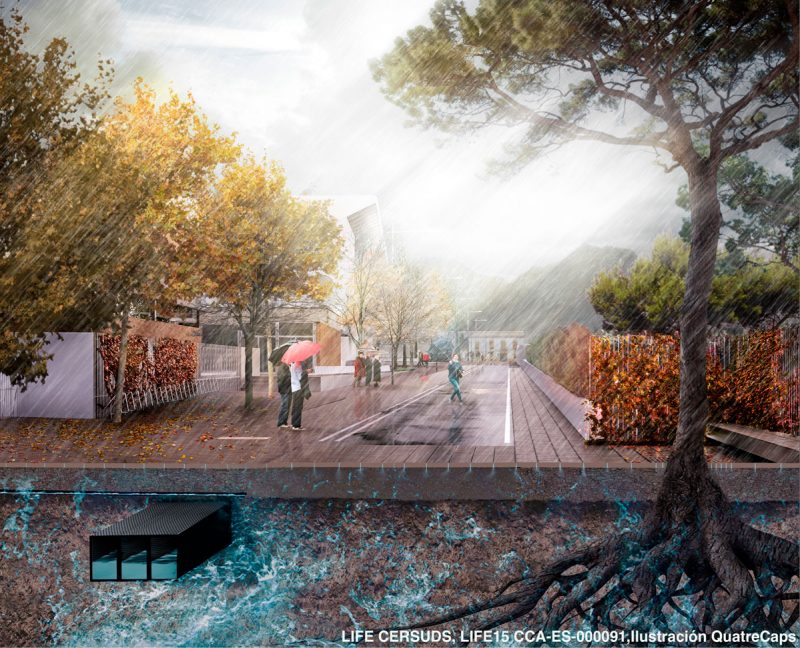
In conclusion, the adoption of sustainable and efficient strategies in water management is crucial to overcome current and future challenges. Continuous collaboration among scientists, technologists, managers, and water consumers is essential to ensure a safe and sustainable future for all, an area in which TYPSA is committed to being a key player.


